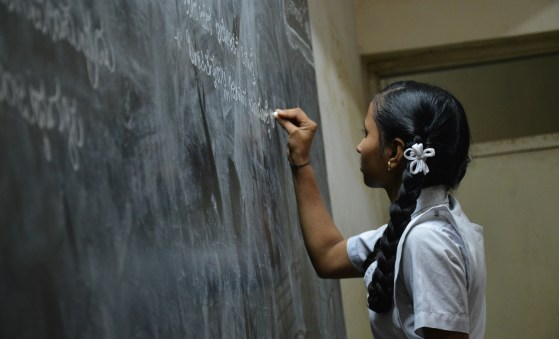The Methodist Church in Fiji says seven senior members are still being held by police for questioning after the Church plans to go ahead with an annual meeting in August despite ban imposed by the military regime.
Those who have been detained have all took part in a committee meeting on Monday to discuss the tense issue of the interim regime banning the church's annual conference.
The church had hoped its leaders would have been released after a few hours, Radio New Zealand reported.
Instead, police, many of whom are themselves Methodists, were treating the churchmen well in detention, Radio Australia reported, with afternoon tea and a prayer.
Fiji's military government on 29 May banned the annual conference of the Methodist Church in Fiji, which is the largest Church in Fiji accounting 80 percent of the indigenous Fijians.
A series of meeting between the Church leaders and interim Prime Minister Commodore Frank Bainimarama took place which failed to resolve the crisis.
The military regime, who took power in a coup in 2006 has insisted that unless the church hierarchy agrees to exclude two former presidents and remove any political discussion from the agenda the gathering will never take place.
Among those arrested was former president of the Fiji Methodist Church, Reverend Manasa Lasaro; General Secretary, Reverend Tuikilakila Waqairatu, the Secretary for Pastoral Ministry, Tomasi Kanailagi and the Church's Finance Secretary Viliame Gonelevu. The general secretary was taken in on Tuesday night and others were detained the next morning.
The Chief of Rewa, Rotemumu Kepa, who was to host the conference, has also been arrested and detained.
The interim government authorities have not explained the detentions, but Reverend Waqairatu had earlier said that it was in relation to conference.
Meanwhile, an expert on Fijian issues says the detention of a senior Methodist figures reflects a ratchetting up of pressure by the interim regime.
Dr Steven Ratuva, formerly of the University of the South Pacific, but now at Auckland University, believes this is the next step in trying to make sure the church complies with the regime.
"The government is putting more and more pressure and perhaps a bit more psychological coercion on the church to make sure the church adheres to what the government wants and I think a bit of scaremongering as well is involved here. It is a way in which the government is trying to intimidate the church, but I think the church is pretty determined go ahead with the meetings."
Earlier, Australia's Uniting Church, Tonga Methodists in New Zealand, Fiji's Ecumenical Centre for Research, Education and Advocacy (ECREA) have all called upon the military regime to allow Fiji's Methodist Church to hold the annual conference 'Bose Ko Viti' which is supposed to held next month – August 2009.
Fiji's Methodist Church says it's received a lot of support from churches around the world in the wake of the detention of senior members of the church leadership by the army, Radio Australia reported.
Australia's Uniting Church has gone further than simply sending a message, by flying a special representative to Fiji to show solidarity, it stated.
The church said it was planning to go ahead with the conference regardless of the interim government's stand.




